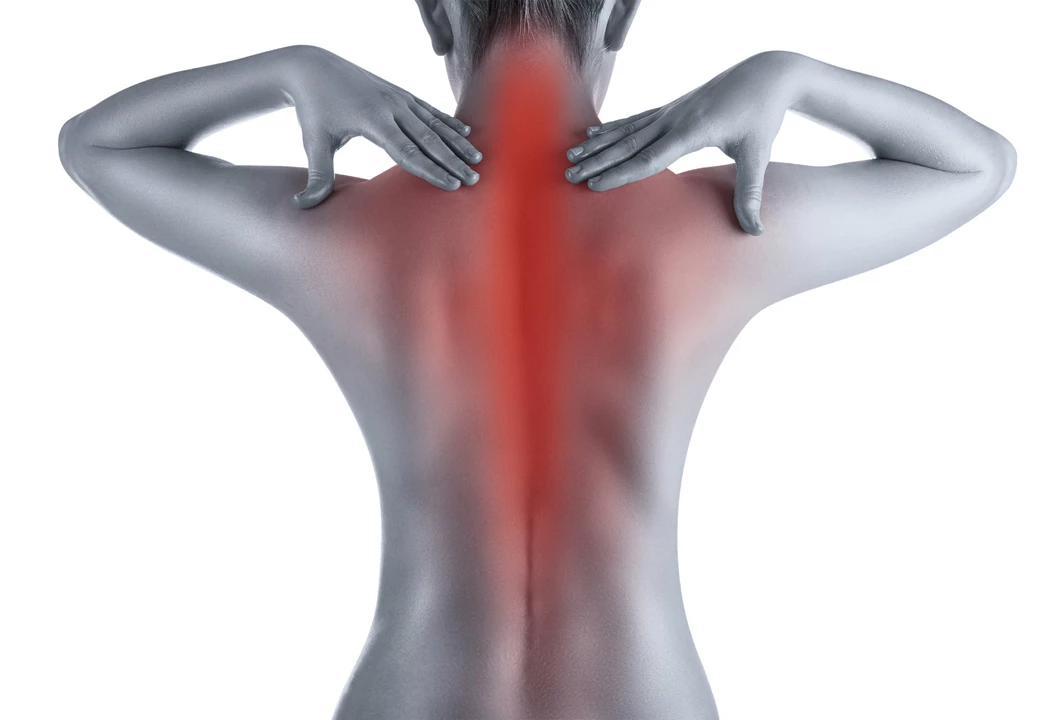Burning Sensation: What Causes It and How to Find Relief
A burning sensation can happen in skin, the mouth, the chest, or deep in a limb. It’s one of those feelings that makes you stop and pay attention—sometimes it’s short-lived and harmless, other times it points to something that needs care. This page helps you spot common causes, try safe first-aid steps, and decide when to see a clinician.
Common causes and red flags
Burning feelings have a few main sources. Nerve problems (neuropathy) often cause a burning, tingling, or electric shock sensation in hands or feet. Acid reflux or GERD causes a burning chest or throat after eating. Skin contact with irritants, insect bites, or allergic rashes can create localized burning. Infections—like yeast, shingles, or urinary infections—also bring burning in the affected area. Low levels of certain vitamins, especially B vitamins, sometimes produce burning or numbness; we cover this in our vitamin deficiency guide.
Medications sometimes list burning, tingling, or mouth/skin irritation as side effects. If a new drug started before the symptom, check the patient leaflet and ask your pharmacist. Related articles on this site look at common drugs and side effects, including Protonix, Lasix, and Bisoprolol—use those to compare notes.
Watch for red flags: sudden severe burning, spreading redness or swelling, fever, weakness, trouble breathing, or loss of bladder/bowel control. Those need urgent care.
Quick relief you can try now
Try these simple, practical steps depending on where the burning is:
- Skin: rinse with cool water, pat dry, avoid rubbing. Cool compresses and aloe vera can soothe mild burns or irritations. Don’t pop blisters or scratch.
- Mouth or throat: sip cool water, avoid hot/spicy foods, and try an over-the-counter antacid for acid-related burning.
- Chest heartburn: antacids or H2 blockers may help short-term, but frequent heartburn deserves a doctor visit—PPIs like Protonix are discussed in our Acid Reflux article.
- Neuropathic burning: gentle exercise, proper foot care, and checking blood sugar if you have diabetes are useful first steps. A pharmacist can suggest OTC options while you arrange a medical review.
If a medication likely caused the symptom, pause use only if your prescriber or pharmacist tells you to. Don’t stop important prescriptions on your own.
Want more reading? Check related pieces on our site: "Protonix: What You Really Need to Know," "Vitamin Deficiency Symptoms," "How Regular Eye Exams Can Prevent Eye Redness," and personal-relief stories like "Anal Itching and Irritation from Insect Bites." Those articles go deeper into specific causes and treatments.
If the burning is mild and you can manage it with home care, keep a symptom log: when it started, what makes it better or worse, and any new meds. Bring that list to your appointment—that information speeds diagnosis and helps your provider choose the right tests or treatments.
When in doubt, get checked. A quick call to your pharmacist or a visit to your healthcare provider will often clear up whether this is a temporary nuisance or something that needs prompt treatment.

